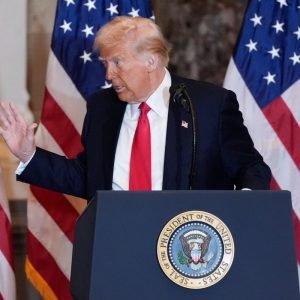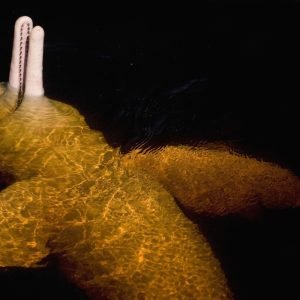
Republican US Senate candidate Kari Lake responded on Thursday to comments by former President Bill Clinton, who referred to her as “physically attractive” during a rally in Phoenix.
Lake, 55, quipped in response, “As a middle-aged woman, I’m flattered. I thought I was a little too old for him. Doesn’t he like interns?”
As per the Arizona Republic, the moment took place at a rally with former President Donald Trump on Arizona State University’s campus in Tempe.
Clinton, who campaigned for Democratic nominee Kamala Harris, had commented on the high-stakes Arizona Senate race between Lake and Democratic Rep Ruben Gallego.
In his address, Clinton drew parallels between the contest between Lake and Gallego and the presidential election battle between Donald Trump and Kamala Harris.
“You got a person that grew up under sometimes challenging circumstances, who made something of his life running against someone who is physically attractive, but believes that politics is a performance art, and where, like JD Vance, she has to be prostrate before the master,” Clinton said.
Who is Kari Lake?
- A native of Iowa, Kari Lake is a former TV news anchor who built her early career reporting local news in Phoenix, Arizona.
- The youngest of nine siblings, she grew up in a working-class family before building a reputation in Arizona as a trusted news figure
- She stepped into the spotlight nationally in 2022 when she ran for governor of Arizona with an “America First” platform endorsed by Donald Trump, though she narrowly lost in the general election.
- Lake has since remained active in conservative circles and developed a loyal base for her outspoken views on immigration,
election integrity , and her scepticism of the Biden administration.
- Lake officially entered the 2024 US Senate race to challenge incumbent independent Senator Kyrsten Sinema and Democratic Rep Ruben Gallego.
- With her sights set on Washington, Lake continues to emphasise her commitment to Trump’s policies, calling for secure borders, energy independence, and reform in election procedures.






